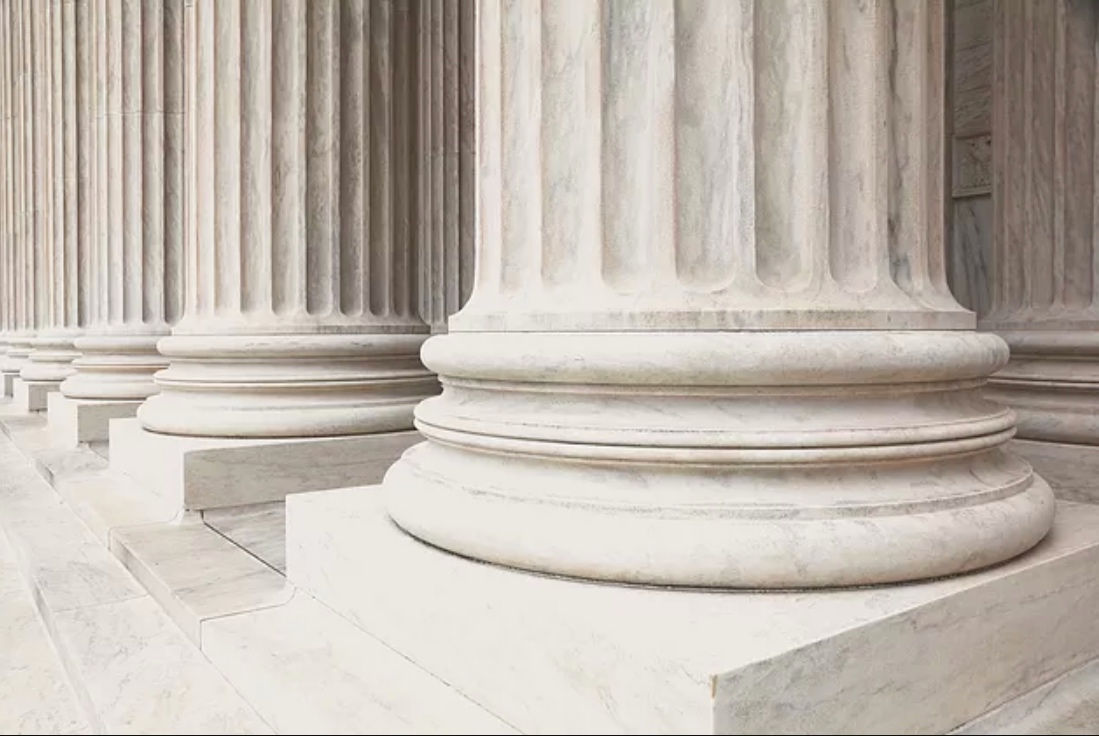
The following post is not legal advice. If you are need to retain counsel to seek legal advice, you can contact us at 734-648-8030.
The Recorded Statement and Examination Under Oath
by Doug McCray on June 1, 2023 • 4 min

The interview may take place over the phone. However, the insurance adjuster or investigator often arranges to meet with the insured in person. Upon arriving at the scene, the company representative exchanges a few words with the devastated insured, then pulls out a tape recorder and starts asking questions about the loss, finances, recent activities, family members, prior insurance claims, and any other topic he or she cares to. Later, a transcript of the recorded interview is prepared, preserving the insured's statements in an easily consulted form. In the absence of litigation (i.e. a lawsuit), the insured is almost never given a copy of either the recording or the transcript.
Recorded interviews are generally fairly short, ranging from 10 minutes to a half hour or so. However, they occasionally run several hours, with transcripts exceeding 100 pages.
Unfortunately, when the interview takes place, the frazzled policyholder—who may still believe the insurance company has his or her interests at heart—is rarely at his or her best. Often, the policyholder gets one or two facts wrong, if only because he or she guesses instead of saying "I don't know," or is half-asleep when providing the answers. When this happens, many insurers will seize upon the mistake to assert that the insured intentionally lied, as a result of which coverage for the claim is barred.
Because of its informal nature, as well as the fact that it takes place early in the process, many insureds think nothing of giving a recorded statement, and do not even consider consulting with an attorney. Consequently, by the time the insured finally realizes something is wrong (i.e. the insurer might not really be their "good neighbor") the recorded statement has already come and gone. Unfortunately, unlike the examination under oath, when the recored statement takes place the exhausted insured may have no idea what is at issue, what the policy language means, and no reason to suspect that the insurance company's primary goal is to avoid paying the claim. In contrast, the adjuster or investigator asking the questions may be fully aware of these facts, and often asks questions that are designed to elicit responses that could potentially trigger the policy exclusions (for instance, asking an insured with a broken second-floor water pipe to indicate when the "leak" occurred, as opposed to asking when the pipe failed).
If it is at all possible, it is a good idea to speak with an attorney before giving a recorded statement, rather than after.
The Examination Under Oath
Investigations can go on for months following a large loss,, with experts visiting the property, document requests, criminal history searches, and additional recorded statements. Eventually, the insurer may demand an "examination under oath" ("EUO"). Like a recorded statement, the EUO consists of a series of questions that must be answered by the insured. However, it is different in that:
-
it is typically much longer, sometimes taking multiple days;
-
the questions are asked by the insurance company's attorney (although the adjuster may also be present);
-
the insured is sworn in prior to the proceeding, just as if the he or she was testifying at a trial; and
-
every word is taken down by a court reporter.
The EUO is typically one of the last steps prior to the insurance company's claim decision. Prior to conducting the EUO, the insurance company's attorney will have reviewed the file in depth, and will be on the lookout for any conflicts between the insured's testimony and the documents in the insurance company's file (including the transcript of the earlier recorded statement). Again, if the insured gets something wrong—if he or she guesses, misunderstands a question, mixes up two dates or locations, or simply misspeaks—the insurer may seize upon the error to claim he or she intentionally lied, and the claim is barred based upon fraud or arson.
In my opinion, it is critical that an attorney be retained prior to submitting to an EUO, which is a long, intense process that, if it goes badly, may well cost the insured his or her claim. Fortunately, unlike a recorded statement, the insured usually has plenty of warning before an EUO, as it is typically preceded by a detailed letter from insurance company's counsel.
Think the insurance company has your back? Think again. Insurance companies make their money by collecting big premiums, not by paying claims. Especially in Michigan, the moment a policyholder calls in a claim, many insurers use every available tactic to make sure the he or she does not get paid. Two of these techniques are the recorded statement and the examination under oath.
The Recorded Statement
In the days following a fire or other loss, the insured is often sleep-deprived and emotionally devastated, and suddenly homeless. It is during this miserable period that the insurance adjuster first approaches the insured to obtain a recorded statement.